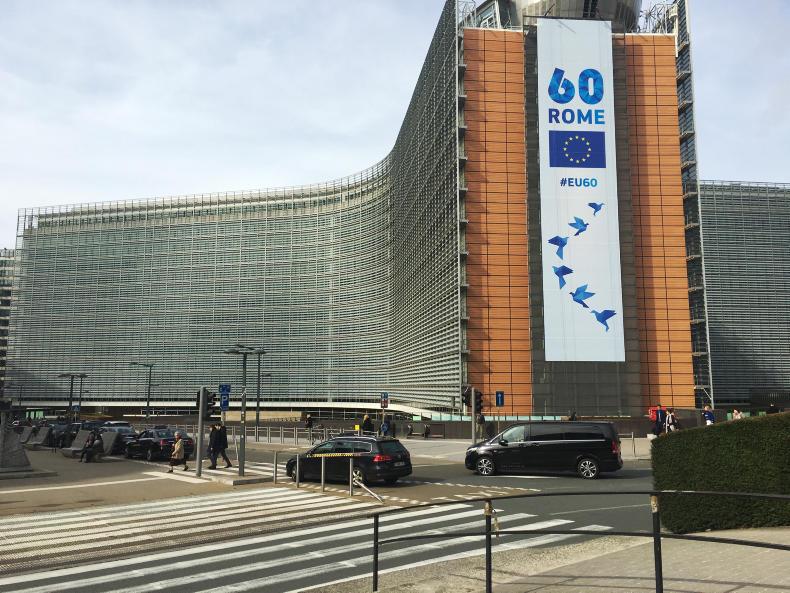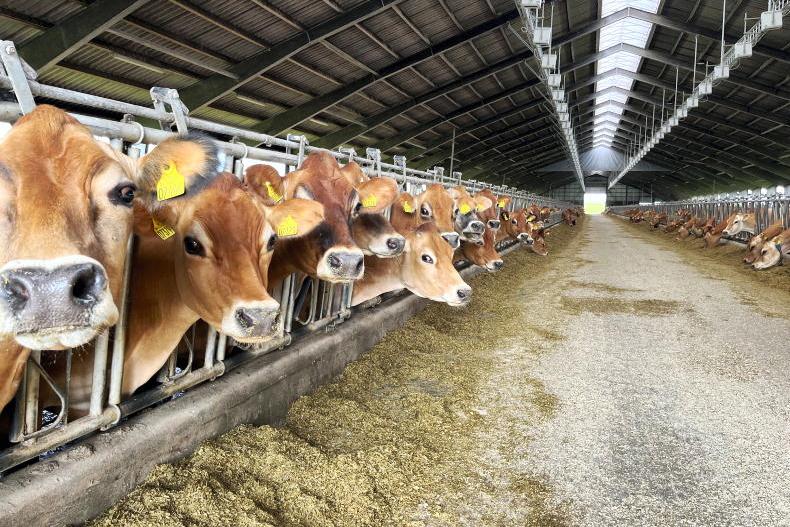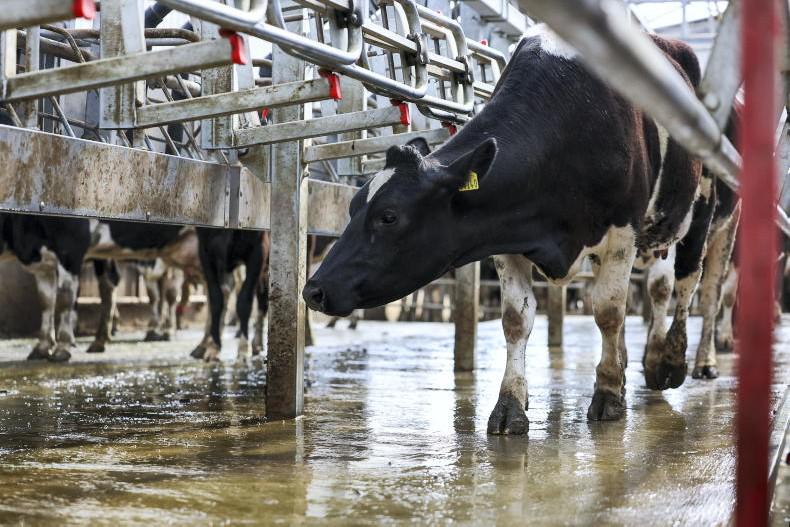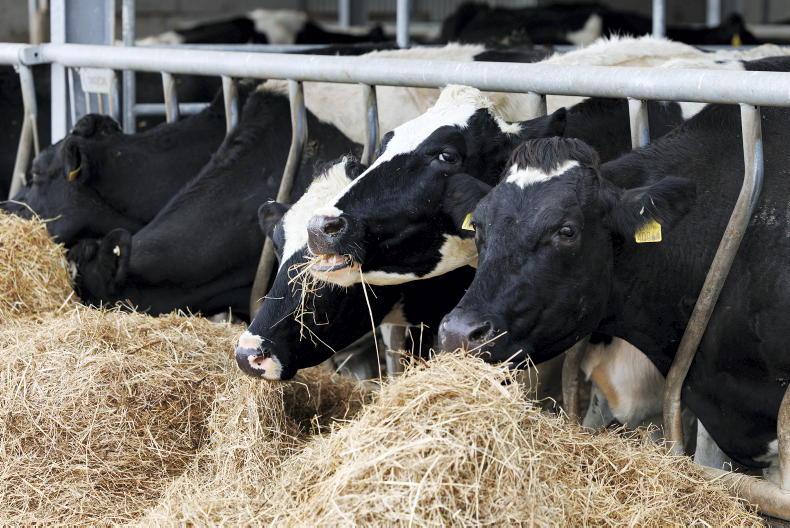The long-awaited proposals on unfair trading practices (UTPs) are due to be published in three weeks with what are thought to be close to finals drafts circulating in Brussels.
It is expected that the European Commission will propose a directive on UTPs that will aim to address the imbalances in the food chain where farmers and small- or medium-sized processors are in an unfair negotiating position with the large supermarket and food service buyers.
Task force
These proposals will be the culmination of the work started by the agricultural markets task force set up by the Commissioner under the chairmanship of former Dutch agriculture minister, Cees P Veerman. It had a total of 12 members, including David Dobbin from Northern Ireland, who was the then chief executive of Dale Farm.
Their brief was to consider issues such as market transparency, access for farmers to financial instruments and futures markets to hedge price risks, options for arranging contractual relations within the chain and legal possibilities for organising farmers' collective actions. The objective was to find a way that would improve farmer’s position in the food chain.
Commissioner has strong views
The Commissioner for Agriculture has spoken frequently about the imbalance in the supply chain but was perhaps at his most forceful when speaking at the Irish Farmers Journal Dairy Day event last November.
There, he told delegates that: “Retail supermarket dominance is a real problem in many EU member states, including this one. In Ireland, five supermarkets or discount businesses control over 90% of the grocery market. Therefore, an operator who fails to have his product listed with three of these five groups will struggle to maintain a feasible business.”
Smartphone example
He also pointed out that the own-label market share for liquid milk has increased from just under 40% in 2007 to over 80% currently in supermarkets and posed the question “would the manufacturers of the smartphones in your pocket allow their products to be sold at half the price?"
While there was a huge vote in favour for legislating on this issue in the European Parliament, there are some countries that are less enthusiastic referring to domestic legislation that is in place. However, the counterargument from the Commissioner is that if 20 EU countries have to legislate on the issue, it is an EU problem and should be addressed by the EU.
What's likely to be included
It is expected that the proposals when published next month will address the issue of payments and contracts and remove the practice of suppliers having to pay “hello” money to get their product on shelves or promotion money. Farmers will wait with interest to see what the proposals are on greater transparency in the food chain with huge interest in finding out where the money goes in between the product leaving the farm gate and turning up on the supermarket shelf.










SHARING OPTIONS